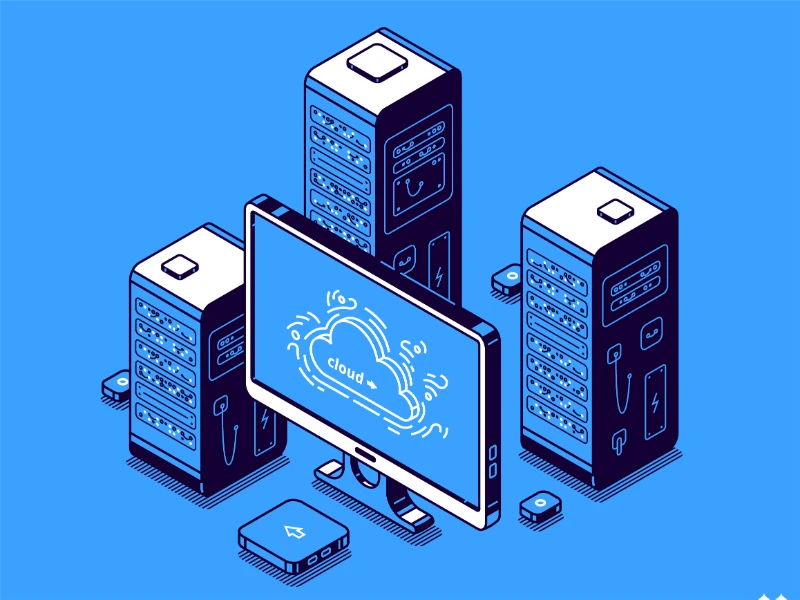- Edge computing refers to a method of processing data close to users and devices.
- Edge computing can boost performance, enhance privacy protections and data security and reduce operational costs.
This article will introduce the definition and the benefits of edge computing.
Definition of edge computing
Edge computing refers to a method of processing data close to users and devices. This approach minimises latency and bandwidth costs, ensuring fast, scalable digital experiences. The infrastructure for edge computing includes dedicated servers, server networks, and IoT devices, with locations varying widely as the technology continues to develop.
Also read: 3 key security risks of cloud computing (btw.media)
Also read: Navigating security governance in cloud computing (btw.media)
Benefits of edge computing
1. Boosts performance
Centralised hosting platforms or data centres can introduce latency issues when accessing applications and data over the internet. Requests for data from these centres may slow down due to internet connectivity problems. Edge computing resolves this by storing data closer to end-user devices, facilitating quicker access.
As a result, edge computing helps businesses mitigate speed and connectivity issues by enabling data retrieval directly from nearby endpoints rather than routing through distant centralised data centres and back. This reduction in application data retrieval time optimises performance and enhances overall user experience.
2. Enhances privacy protections and data security
Data security and privacy protections are significant concerns in the IT industry. Edge computing enhances data security and privacy by processing data locally at the edge rather than centrally on servers. However, this does not imply that edge devices are immune to vulnerabilities. On the contrary, edge computing reduces the amount of data transmitted, thereby minimising the risk of extensive data exposure to hackers.
In essence, centralised servers hosting data are more susceptible to privacy breaches as they store comprehensive information about individuals, locations, and events. In contrast, edge computing processes and analyses specific data sets as needed, minimising exposure of additional data that could compromise privacy in the event of a breach.
3. Reduces operational costs
Transferring data within cloud hosting services represents a significant expenditure for businesses. The greater the volume of data moved through these centralised hosting providers, the higher the costs incurred by organisations. In contrast, edge computing reduces operational expenses by minimising the necessity to transfer data to the cloud. Furthermore, processing data at its point of origin reduces the bandwidth required to manage data loads.
4. Helps in meeting regulatory and compliance requirements
Adhering to regulatory and compliance standards can become challenging when data is hosted and managed across multiple data centres or hosting providers. Each data centre typically operates under its own set of privacy and regulatory mandates. In contrast, edge computing simplifies compliance as data creation, storage, and processing occur in a single location. This unified approach facilitates easier adherence to regulatory and compliance requirements.
5. Supports AI/ML applications
The increasing importance of artificial intelligence (AI) and machine learning (ML) in contemporary computing is undeniable. However, AI/ML applications rely on retrieving and processing vast amounts of data, which can encounter latency and connectivity issues when hosted on centralised servers. In contrast, edge computing supports AI/ML applications by processing data near its point of origin, thereby enabling quicker and more efficient retrieval of results.

